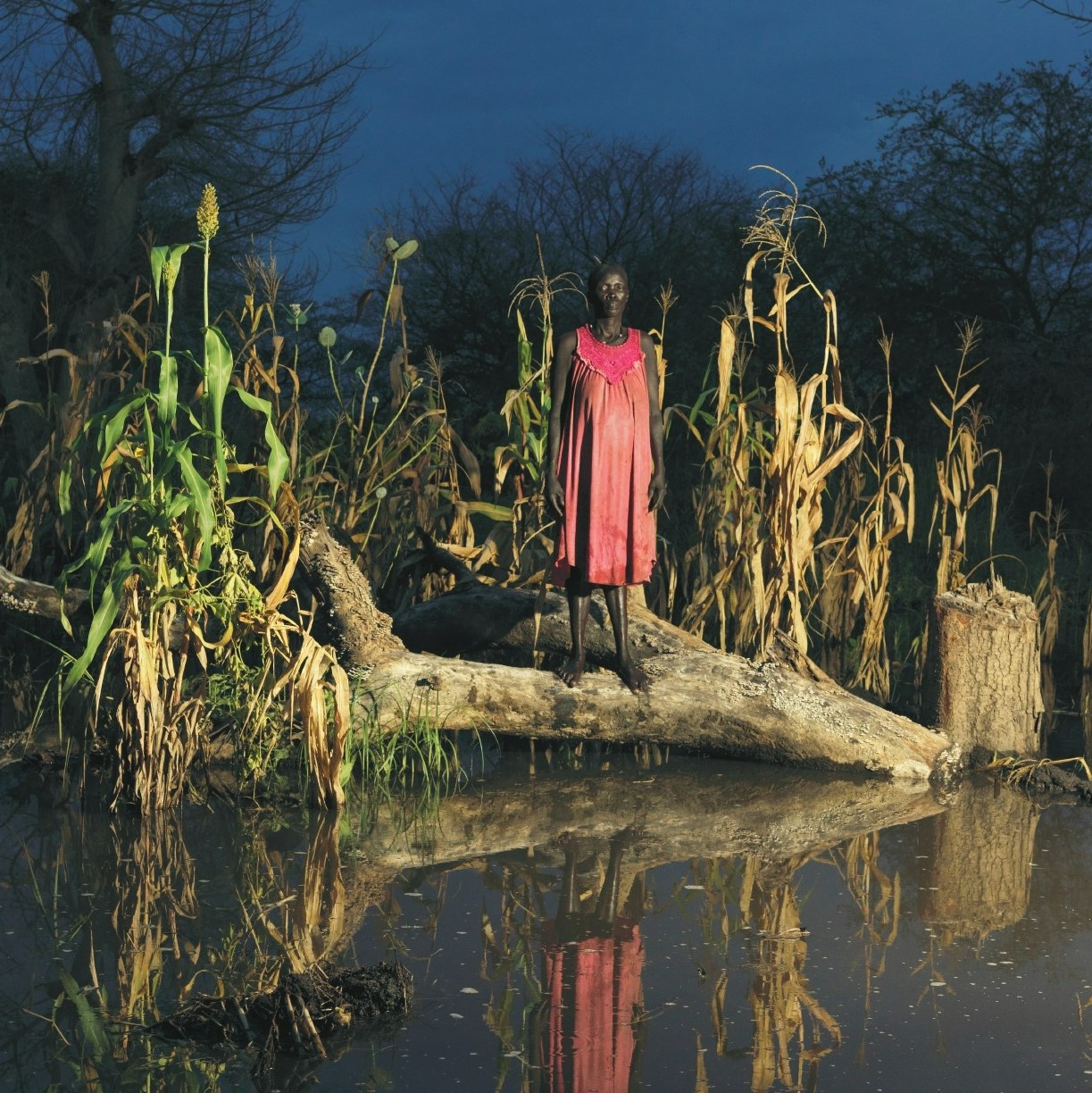The UN Climate Change Conference (COP29) in Baku concluded on Sunday with an inadequate agreement on climate finance, leaving those most vulnerable to the climate crisis disappointed. The pledged target of $300 billion falls far short of what is needed to address the increasing disasters, food insecurity, and climate-related losses suffered by communities on the frontlines.
It remains that those who contributed least to historic emissions will have to pay the price for climate-related losses and damage, as the discussions on public financing at COP29 failed to deliver meaningful solutions. The failure to reach the climate finance goal of $1 trillion reflects a broader inability to hold polluters accountable. Despite urgent calls for climate-just financing mechanisms, such as taxes and levies on the fossil fuel industry and other high-polluting sectors, the agreement offered no new tools to ensure that those most responsible for emissions contribute their fair share.
“The agreement does not set a clear target for grant-based public finance from the largest polluters – a fundamental aspect of climate justice,” said Emma Beelen, Advocacy Officer at Action Against Hunger. “Reliance on loans and private-sector funding risks worsening the debt crisis and won’t effectively reach vulnerable populations, particularly in humanitarian contexts. Industrialised countries have shirked their historic responsibility yet again.”
Marie Cosquer, Advocacy Analyst for Food Systems and Climate at Action Against Hunger, added, “The Global North should be ashamed. They have forgotten the extent of their climate debt, and the finance target cynically neglects the urgent needs of those most affected. Instead of perpetuating a broken system, we need additional public finance that is accessible to the communities that feed the world but bear the heaviest burden of climate change.”
Overlooking links between climate and hunger
The agreement also fails to address the interconnectedness of climate change, conflict, and poverty. In countries already grappling with these challenges, the climate crisis exacerbates hunger and malnutrition. Access to climate adaptation and mitigation funds is especially critical for fragile and conflict-affected states, where food insecurity and malnutrition are already at crisis levels.
Despite the urgent need, the countries most vulnerable to climate shocks are not receiving sufficient resources to prepare for or mitigate their impact. According to the Global Humanitarian Assistance Report 2023, per capita climate finance in crisis-affected, climate-vulnerable nations is just $1 – compared to $4.88 in other vulnerable nations. COP29 missed the chance to direct funds to those most in need.
A lack of progress on food and agriculture
On food and agriculture, COP29 delivered little in the way of meaningful action. There were no binding commitments for a just and sustainable transformation of food systems that prioritise small-scale farmers and the right to adequate food. The newly launched Harmoniya Climate Initiative recognises the role of farmers in tackling climate change but lacks concrete steps or commitments.
Meanwhile, corporate lobbyists dominated the conference, using pavilions and side events to promote greenwashing initiatives. These corporations, many of who were representatives of the agricultural industry, continue to extract profit and entrench dependency on unsustainable systems, leaving small farmers increasingly vulnerable. Until the voices of affected communities are truly heard, the much-needed transformation of food systems will remain out of reach.
At the conference, Action Against Hunger represented the interests of the most affected communities in the Global South and advocated for the adoption of sustainable measures for a world without hunger. The increasing number of climate-related extreme weather events such as droughts, floods and heatwaves threatens the food security of millions of people and particularly affects women and children. Today, 733 million people suffer from hunger.
Notes to editors
- Action Against Hunger is the world’s leading charity stopping life-threatening hunger in its tracks. By training parents and healthcare workers to spot the signs, we get life-saving care to people who need it. Action Against Hunger’s research drives forward understanding of how to predict, prevent and treat life-threatening hunger. With unbeatable knowledge and unstoppable determination, the charity supported more than 28 million people in over 50 countries in 2023.


